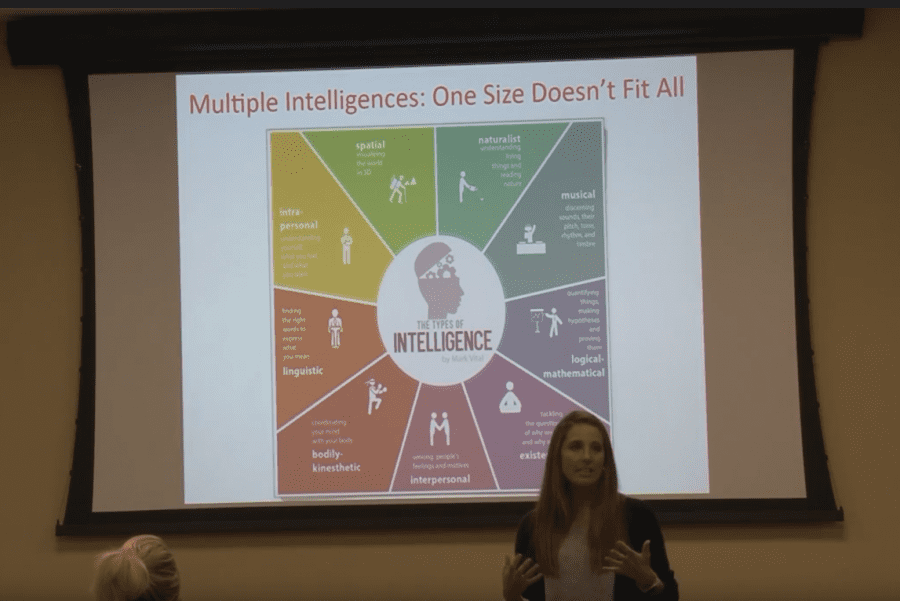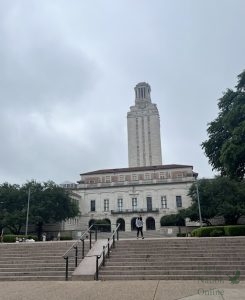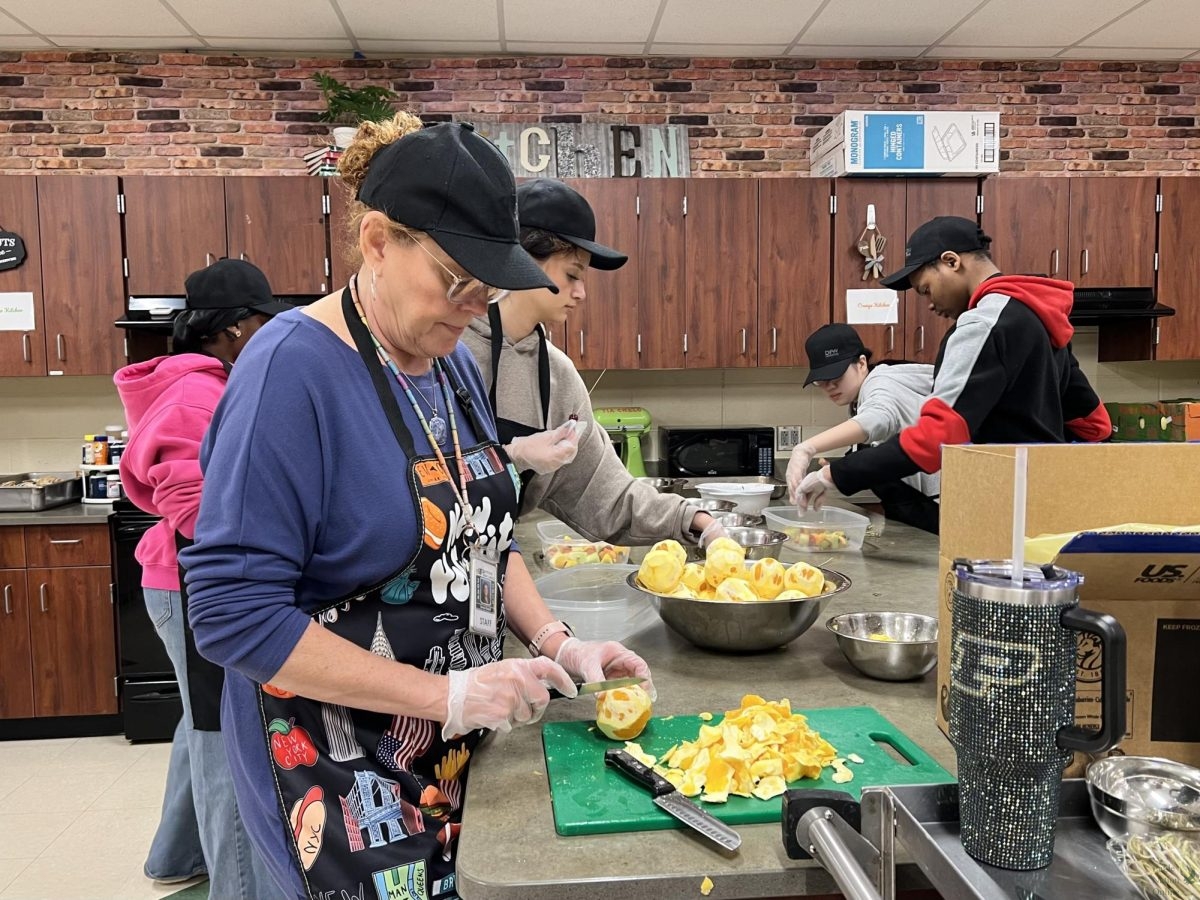Gifted Minds Prosper examines mental pressures of GT students
Guest speaker Sarah Feuerbacher presents at the GT Symposium Thursday, Feb. 20. “The GT program was very challenging and competitive,” senior Morgan Harris said. “This did add stress to my life during high school.”
February 25, 2020
Gifted Minds Prosper conducted the GT Spring Symposium Thursday, Feb. 20, from 5:30 to 7 p.m. at the administration building. Members networked with other parents and heard a presentation from guest speaker Sarah Feuerbacher. The symposium ended with a question and answer session, while parents with young children enjoyed free childcare presented by A Joyful Mess Art Studio.
A nonprofit organization with the objectives of advocacy, information and connection, Gifted Minds Prosper (GMP) consists of parents and professionals who are concerned with the support and expansion of the PISD gifted and talented program.
“We are a positive group excited about the opportunities to support and encourage our gifted and talented students, staff and families,” the Gifted Minds’ website said, “Your child does not need to be in the PISD Gifted and Talented program for you to join.”
Dr. Feuerbacher, owner of counseling CARE Prosper and an active member of the group, informed attendees on “What to know and how to help, straight from the mouths of Prosper Gifted & Talented students.”
“Children identified as GT have very unique characteristics that can actually prove to be challenging to both parents and children,” Feuerbacher said. “However, becoming more familiar with the special learning styles and needs of these students can allow parents to reframe what appears to be a challenge into something they can meet with new understanding and compassion.”
The presentation discussed the biological effects of mental exhaustion, the difference between praise and empowerment, balance, boundaries and how to become a positive role model.
“Being in the GT program was beneficial for me personally because it challenged me to be creative in a way I wasn’t used to,” former GT student Mariana Pena said. “However, while I appreciate the benefits of being challenged in this way now, aspects of my experience provided for an added stress to an already heavy workload.”
Burn-out and anxiety plague GT students, especially at the high school level. The symposium aimed to give parents and professionals techniques to recognize and combat these issues.
“There’s more pressure than usual to success in the classroom,” American Studies student Erika Adjei said. “That can turn healthy motivation into uncontrolled stress and a perfectionist mentality.”
Feuerbacher encouraged communication between parents, students and teachers, as sometimes teachers and counselors aren’t aware of deviations from a student’s normal behavioral pattern, sharing what they see with parents is vital.
“I see a lot of students who struggle with anxiety, perfectionism, underachieving performance, isolation and being misunderstood by both themselves and others,” Feuerbacher said. “If more people had the opportunity to view my presentation, I think they’d understand and be able to have a different want to meet these students where they are in a more supportive way, and students would even be able to give themselves more self-compassion.”




























